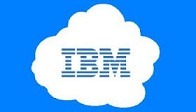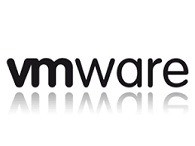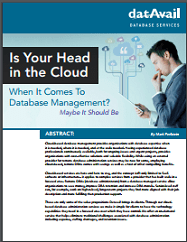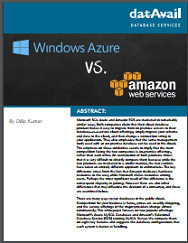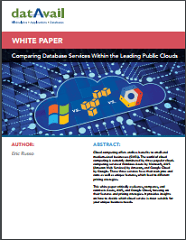(Source: Forbes) DevOps and cloud computing are oft-touted as vital ways companies can achieve this needed transformation, though the relationship between the two is often ......
You Are Browsing ‘Cloud ’ Category
Cloud-based database management provides organizations with database expertise when it is needed, where it is needed, and at the scale needed. Having experienced database professionals continuously available, both for ongoing issues and urgent projects, provides organizations with cost-effective solutions and valuable flexibility. While using an external provider for remote database administration services may be new for some, employing cloud-based, r...
Nearly all companies need database administrators–but not all companies need a full time DBA. Sometimes you might need “half a DBA.” Sometimes it’s for a one-time need, such as during a transition to a new platform or a surge in overflow work. Other times there’s a persistent need for such fractional services, such as providing overnight support, or covering for DBAs on vacation or family leave. Many companies also maintain databases that do...
Microsoft SQL Azure and Amazon RDS are marketed in remarkably similar ways. Both companies claim that their cloud database product makes it easy to migrate from on premise servers to their database-as-a-service cloud offerings; simply migrate your schema and data to the cloud, and then change a connection string in your application. They also emphasize that the same management tools used with an on premise database can be used in the cloud. The emphas...
Cloud computing offers endless benefits to small and medium-sized businesses (SMEs). The world of cloud computing is currently dominated by three popular cloud-computing services: Windows Azure by Microsoft, AWS (Amazon Web Services) by Amazon, and Google Cloud by Google. These three services have their own pros and cons as well as unique features, which lead to different pricing strategies.
This white paper critically evaluates, compares, and cont...




